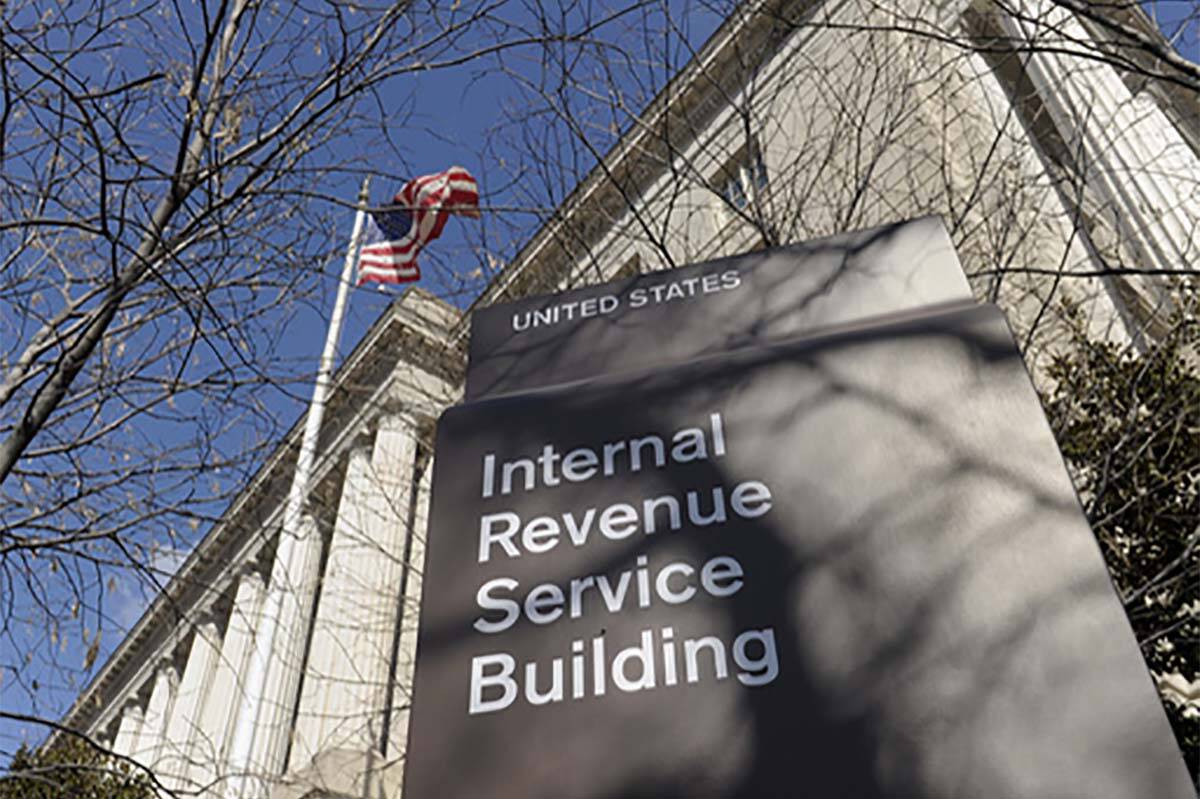EDITORIAL: IRS tries to hide forfeiture info
Civil forfeiture laws, which allow law enforcement agents to confiscate homes, cars, cash and other valuables from people who are only suspected of wrongdoing, are an affront to due process and property rights. The constitutional issues are exacerbated when public agencies attempt to cover up the extent to which they use this troubling tactic.
This week, the Institute for Justice — a public interest law firm in Arlington, Va. — announced it had prevailed in a seven-year battle to pry information from the IRS about its use of civil forfeiture. The tax agency had fought transparency at every turn, but was finally ordered by a federal court to produce the records.
“For years, the IRS used forfeiture to take property from people without charging them with a crime, yet the database tracking these forfeitures was hidden from the public,” IJ researcher Kathy Sanchez said in a Monday news release, adding that the “lack of transparency is frightening.”
The length to which the IRS went to avoid accountability is instructive for those who doubt the importance of public records laws.
The institute in 2015 filed a Freedom of Information Act request for records in the agency’s Asset Forfeiture Tracking and Retrieval System. The IRS initially tried to extort IJ by claiming the firm would have to pay more than $750,000 before it could hand over the data. After a subsequent lawsuit, the tax outfit convinced a federal judge that the information wasn’t held in an actual “database” and that highly redacted records should suffice.
In 2019, however, the U.S. Court of Appeals for the D.C. Circuit sent the matter back to the lower court after calling the IRS’s argument “unpersuasive.” During additional proceedings, the judge no longer tolerated the agency’s intransigence. More than two years later — and seven years after the original FOIA request — the IRS began turning over the requested documents.
The information will be useful in promoting legislation — at both the federal and state level — to prevent innocent owners from being ensnared in the forfeiture apparatus. The information in the database “will shed important light on the rest of the IRS’s forfeiture activities,” IJ noted, while also helping “the public understand government forfeiture activity across the nation.”
The case highlights how bureaucrats will stall, obfuscate and stymie in order to deter public records requests or to financially bleed requesters into submission. A healthy democratic republic requires transparency and accountability. Why do so many public agencies fear such concepts?
Several proposals to reform federal civil forfeiture laws have been floating around Congress in recent years. Let’s hope the IRS information in the hands of the Institute for Justice finally helps push one such bill across the finish line.






















